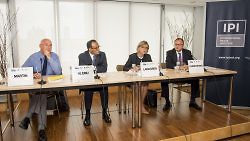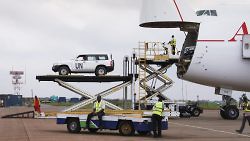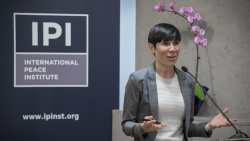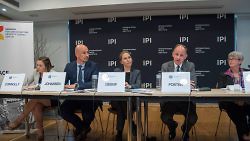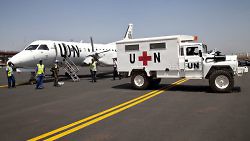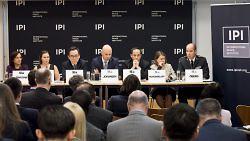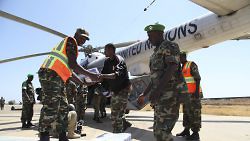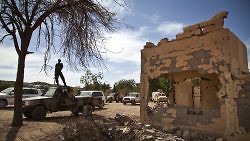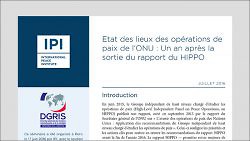
As the UN has grown in terms of size, role, and mandate, restructuring its human resources (HR) system has become a pressing necessity. Staffing missions operating in conflict zones and managing and retaining people in hardship duty stations have proven difficult, leading to multiple attempts at organizational reform. However, past reforms have had limited, counterproductive, […]
Read more